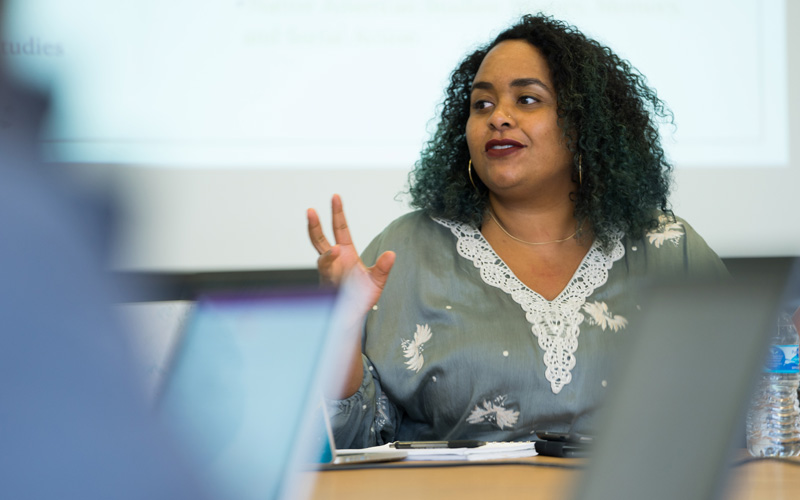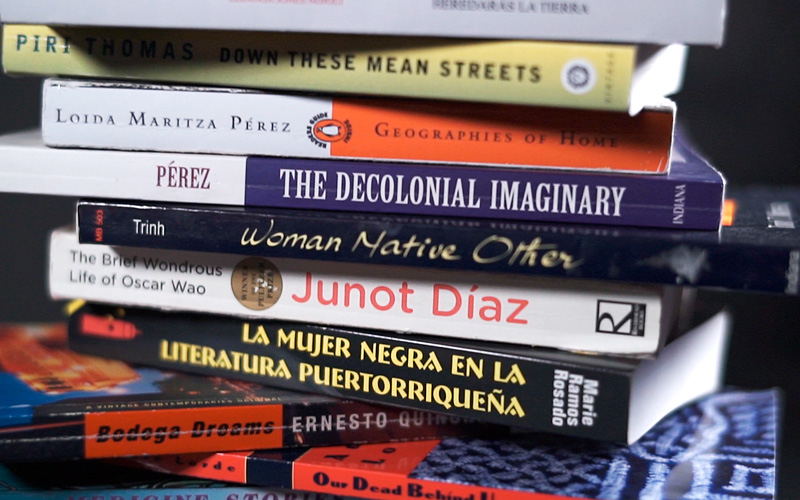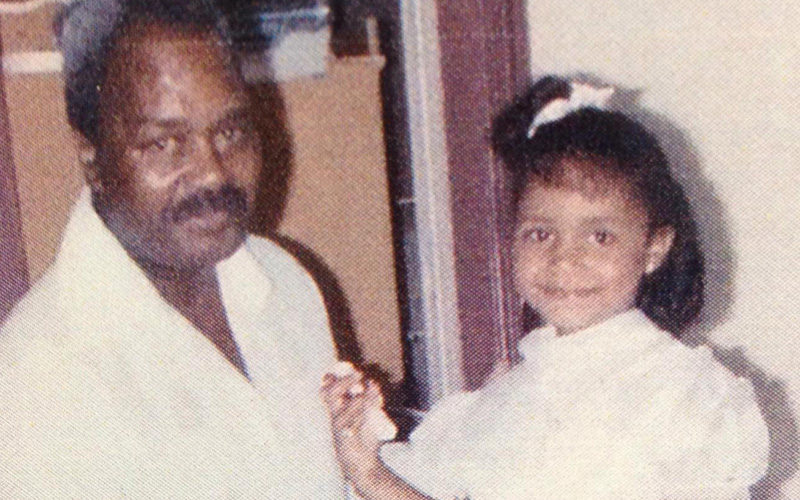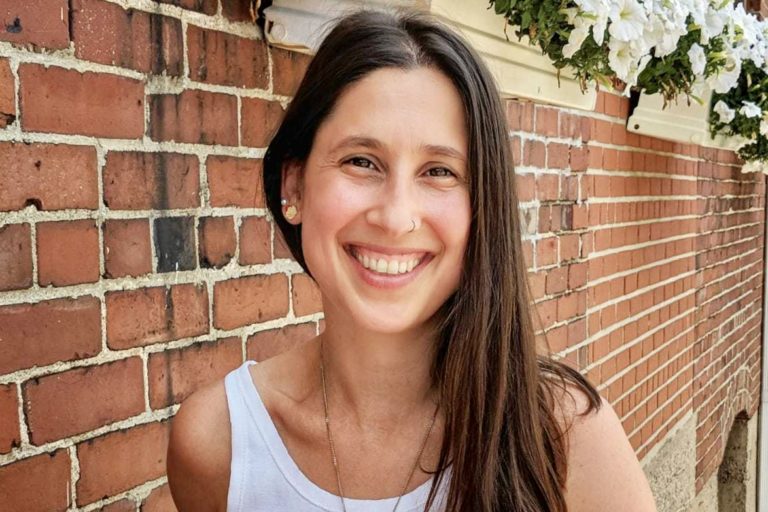
YOMAIRA FIGUEROA
Assistant Professor of Global African Diaspora Studies
Department of English
Raised in Hoboken, New Jersey, the daughter of Puerto Rican immigrants, Yomaira Figueroa thought college was not a possibility for people like her, despite that she became the first person in her family to go to college.
Now an Assistant Professor of Global African Diaspora Studies in MSU’s Department of English, Figueroa is inspiring new generations of students and exposing them to whole new worlds of literature.
“I am committed to these students, to making sure they know there is someone here who is first-generation, someone who is Afro-Latina, someone who has had similar experiences,” Figueroa said. “Many students of color, they see themselves for the first time, or they get to see themselves here in this place that they may not think is for them in a similar way I did when I went to college. My job is to help them achieve success in the classroom and going forward.”
“I am committed to these students, to making sure they know there is someone here who is first generation, someone who is Afro-Latina, someone who has had similar experiences.”
One student, Rashad Simmons, has taken every class Figueroa has taught at MSU, both undergraduate and graduate, since he first came here in 2014. He was just accepted into the African-American Ph.D. program at the University of California, Berkeley, and received the prestigious Chancellor’s Fellowship. Figueroa holds her Ph.D. and M.A. in Ethnic Studies from UC Berkeley, and was a recipient of the same fellowship.

Through her research and the courses she teaches, Figueroa is shining a spotlight on Afro-Latinx literature, Latinx Caribbean literature, and literature from Spanish-speaking Africa.
“I’m interested in what these literatures can offer us in the context of history, culture, social justice, but also in terms of what they can tell us about the world we live in,” Figueroa said. “So many students come to me who want to do work on Afro-Diasporic literature or Ethnic Studies have always wanted to do it, but felt they couldn’t.”
Figueroa has committed herself to seeking out literature written by Latinx, Caribbean, and African writers and showing the contributions they make to the way we think about ourselves and the world.
“This literature coming from the Latinx community, from Afro-diaspora communities, and from other communities usually on the periphery are so transformative and can tell us so much about how to reimagine the way we are living right now,” Figueroa said. “One of the things the students get, especially in my classes on Latinx and Black communities, is a different sense of history and a different lens for seeing possibilities for our present moment.”
“One of the things the students get, especially in my classes on Latinx and Black communities, is a different sense of history and a different lens for seeing possibilities for our present moment.”
Figueroa loved to read as a kid and devoured everything in sight, but she never saw herself or her own experiences reflected in what she read. Her first contact with Latinx literature came by accident when she discovered a book her cousin left at her grandmother’s house – How the Garcia Girls Lost Their Accents by Julia Alvarez.

“I read it from cover to cover in less than a day and was totally blown away by the fact that folks were writing about the particular experiences I knew so intimately. It really changed my perspective from that day forward,” she said. “I still devoured everything that came in sight, but I kept my eye out for literature written by Latinos and Latino Caribbean people living in diaspora. It was one of those impactful moments that really shaped who I am and it shaped what I do for a living.”
Figueroa’s love of poetics comes from her dad, an orphan who was raised by his grandmother, grew up during the Great Depression in Vega Baja, Puerto Rico, and didn’t go to school past the third grade, but he loved to read and before Figueroa could read or write her father and mother had her reciting poetry, scriptures, and passages in Spanish.

“My dad had this incredible love of knowledge and love of literature. Yet, people like my father didn’t appear in the education system. He didn’t appear in college in the texts we read. He didn’t appear in the narrative at all,” Figueroa said. “But I knew it was him and people like him who had worked with their hands their whole life who really kept alive in so many of us the love of words and the love of language and the sense of who we are.”
That love of reading and the experiences of her parents have fueled Figueroa throughout her education and career.
As an undergrad at Rutgers University, she took all of the classes offered in African-American literature and minored in Puerto Rican and Hispanic Caribbean Studies.
“I was in rapt attention every single time and thought ‘wow,’ people are actually teaching a whole course on histories, cultures, writers, and eras I never knew about but felt deeply connected to,” Figueroa said. “When you meet a professor whose teaching things that intersect with experiences that you know intimately, you feel recognized. You feel there’s some real value in what you can bring to the classroom, to the process of knowledge production. That was so transformative for me.”
“You feel there’s some real value in what you can bring to the classroom, to the process of knowledge production. That was so transformative for me.”
Now as a professor, Figueroa gets to see similar light-bulb moments coming from her students.
“There’s always a moment where my students are totally blown away and in disbelief,” she said. “They tell me, ‘I have such and such experience but didn’t know how it came to be,’ and “I can’t believe no one ever taught me this.’ It’s exciting every single time.”


